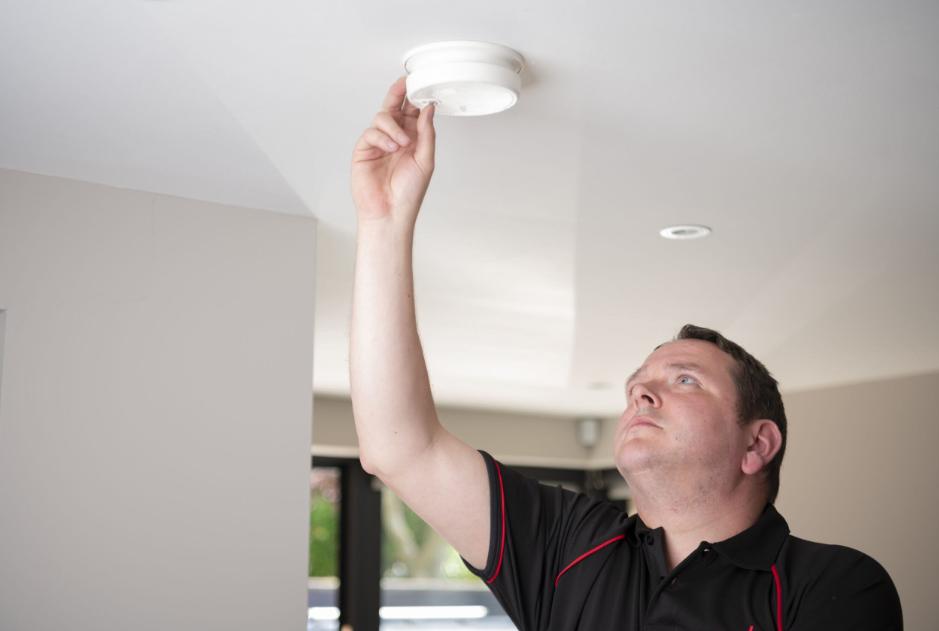Ensuring that your property is equipped with functioning smoke detectors is essential for safety. In Australia, there are clear smoke detector regulations that landlords and homeowners must follow to safeguard against the dangers of fire. Compliance with these rules is not only important for safety but also a legal requirement. Here’s what you need to know about the smoke detector regulations.
Understanding the Legal Requirements
Smoke detectors are vital for providing early warning in case of fire, giving people the opportunity to evacuate. The law requires that all residential properties are fitted with smoke detectors, including both private homes and rental properties. Smoke alarms must be installed in key areas of the home, especially in hallways and near bedrooms.
In some regions, such as Queensland, specific rules apply under the QLD smoke detector regulations. These standards mandate the installation of interconnected smoke alarms that are powered by either a hardwired system or a long-life battery. This ensures that when one detector is triggered, all alarms in the property sound, providing more comprehensive coverage.
Key Locations for Smoke Detectors
The regulations specify where smoke detectors should be installed. Generally, you need alarms in the following areas:
- Hallways: A smoke detector should be installed in the hallway outside each bedroom.
- Living Spaces: Install detectors in common living areas such as lounges or dining rooms.
- Near Sleeping Areas: It’s essential that alarms are placed near or within close proximity to bedrooms to ensure they wake occupants if a fire occurs.
By ensuring these locations are covered, you can make sure your property is compliant with the regulations.
Types of Smoke Detectors
There are different types of smoke detectors, and choosing the correct one is vital for meeting the regulations.
- Ionisation Smoke Detectors: These are ideal for detecting flaming fires.
- Photoelectric Smoke Detectors: These are better at detecting smouldering fires, which are often the most dangerous.
Some regulations may require a combination of these two types, or interconnected systems, for optimal protection.
Maintenance and Testing
Once installed, it’s crucial to maintain your smoke detectors. Check that the batteries are functioning, clean the detectors regularly, and test the alarms to ensure they are working. Smoke detectors should be replaced every 10 years to guarantee effectiveness.
Understanding and complying with smoke detector regulations is a key part of ensuring fire safety in any property. By following the guidelines for installation, maintenance, and testing, you help protect yourself and others from potential danger.

